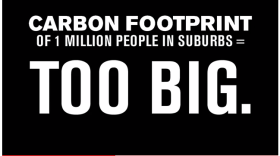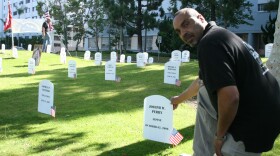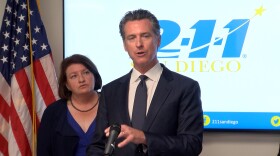
Thomas Fudge
Science and Technology ReporterA journalist with 30 years of experience, Tom covers science and technology stories for KPBS' platforms. He joined KPBS in 1998 to cover San Diego issues related to growth, transportation, and development. He previously served as host of These Days (now KPBS Midday Edition) and as a news editor. Tom began his broadcasting career in 1988 at WSUI Radio in Iowa City as a reporter and newscaster. He then spent five years at Minnesota Public Radio (MPR) where he worked as a reporter. Following his departure from MPR, Tom was a freelance journalist, working for Twin Cities Public Television, WCCO Radio, and a variety of regional and national newspapers and magazines. He has received recognition for his outstanding work in hosting and public affairs reporting from the Unity Awards, the Northwest Broadcast News Association, and the San Diego chapter of the Society of Professional Journalists.
-
Five San Diego hospitals were hit with tens of thousands of dollars in fines for medical mistakes. Three of those incidents resulted in patient deaths.
-
Here's a new video you'll think is very cool if you're a progressive urban planner.
-
And other stories in the news
-
But analyst points out it doesn’t reflect the value of all homes
-
Many veterans honor the dead on Memorial Day. Veterans for Peace honored them with an anti-war message.
-
San Diego has an urban forest whose greatest expression is in Balboa Park. Mike Marika showed me some trees in the park that inspired Dr. Suess and some trees that dwelled in the tombs of the pharaohs.
-
Gov. Gavin Newsom threw his support behind San Diego's Measure D Thursday.
-
Construction began Thursday near Poway on the first leg of a 10,000-mile-long broadband network.
- Trump has a welcome message for new citizens. It's different from past presidents
- Campaign to stop human trafficking wants businesses to help
- San Diego Afghan advocacy group 'surprised' by President Trump's offer
- California cannabis companies hoped Trump would be an ally. Then the raids happened
- How California stepped up to fund a crisis hotline











